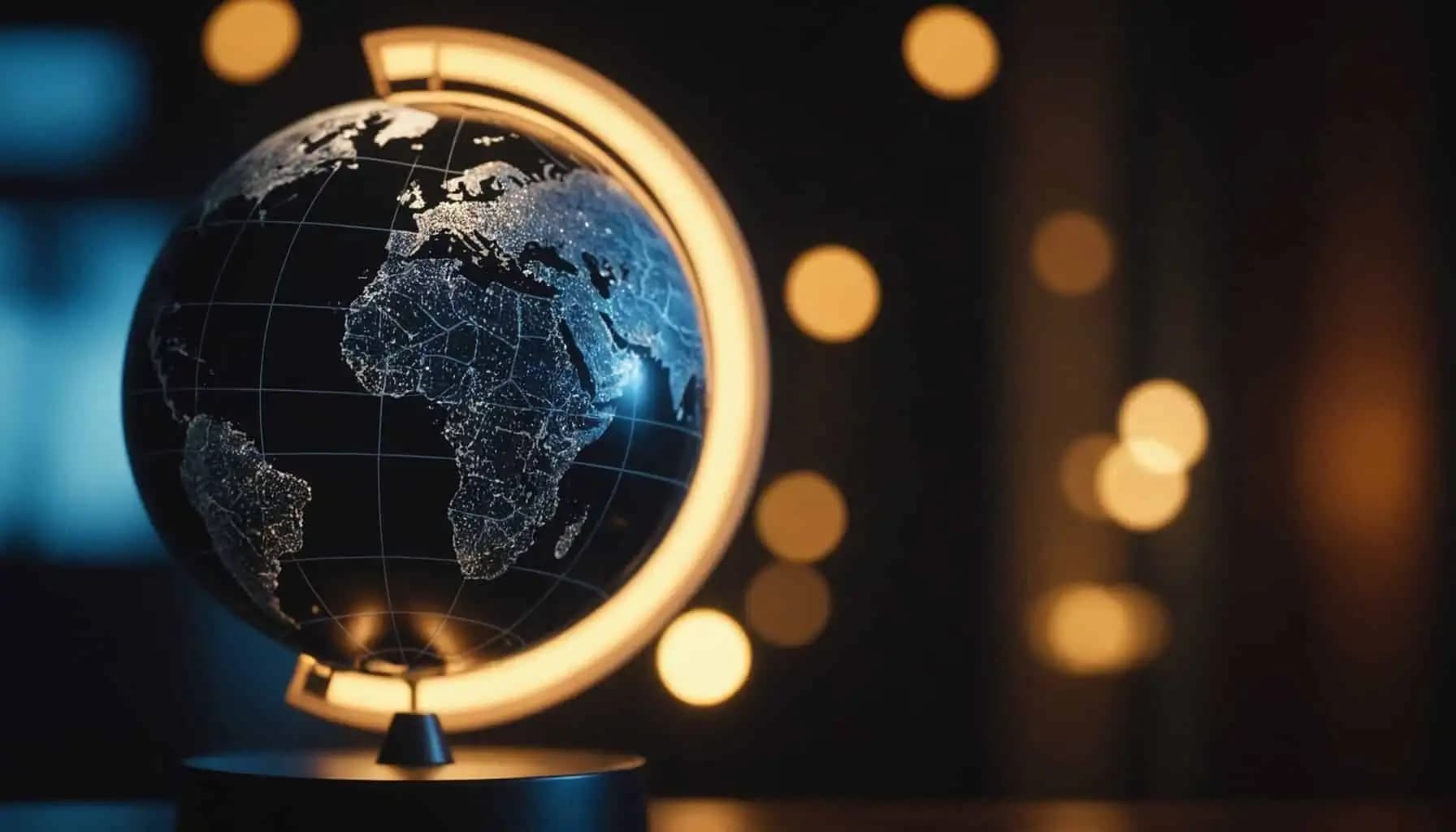
Current Affairs with a Twist: How Hidden Agendas Shape Our World
In today's world, unseen forces often pull the strings behind major events. From the media we consume to the politics we follow, hidden agendas shape our reality. This article dives into the secret influences that mold our world, revealing the power plays behind the scenes. Key Takeaways Media can shape our views and opinions through […]